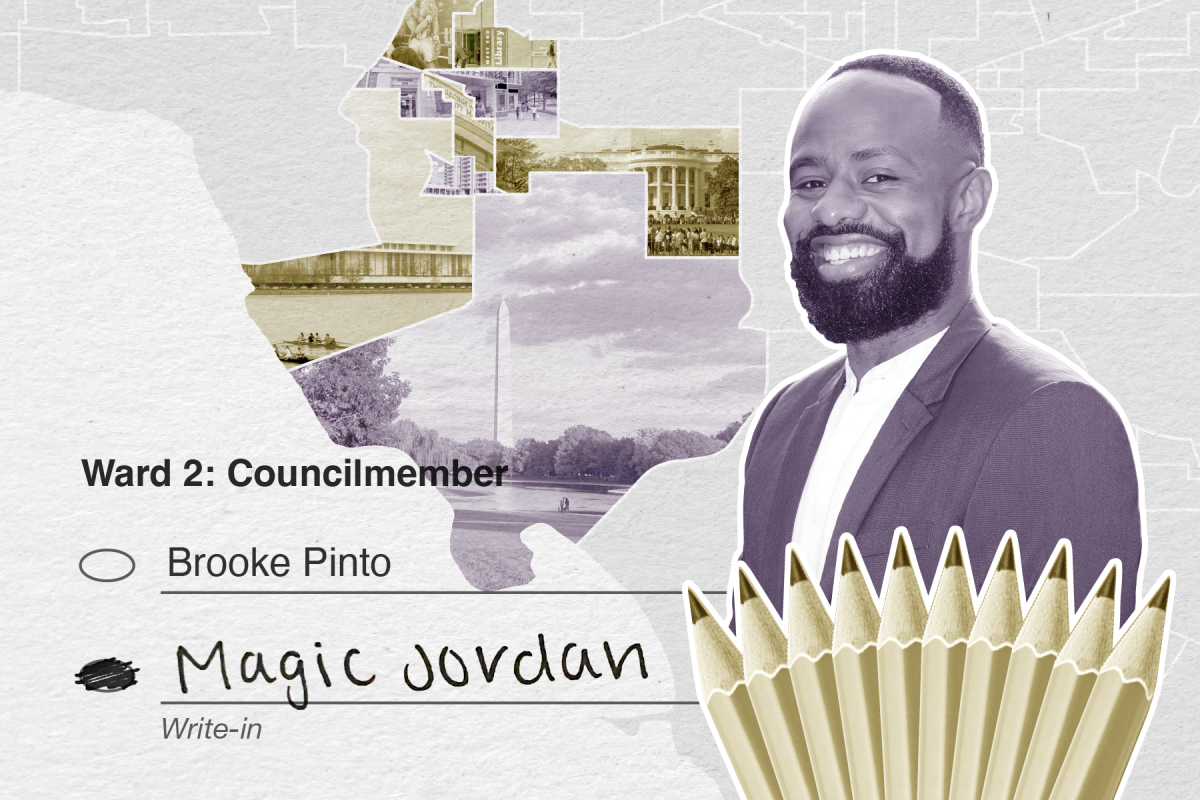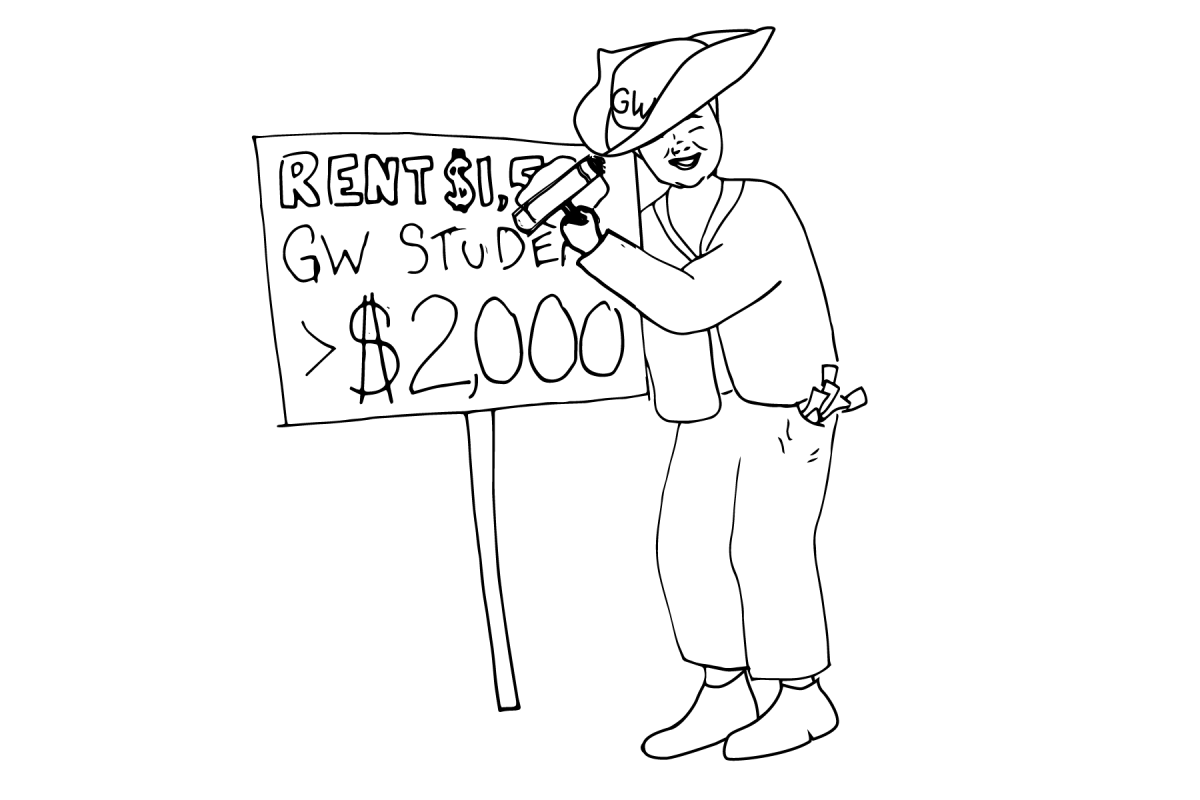In the wake of internet pioneer Aaron Swartz’s suicide after illegally downloading 4.8 million journal articles from the online database JSTOR and the federal government’s decision Feb. 22 to make all taxpayer-funded federal research available to the public within one year of publication, it is clear that open access to information is a national issue.
This situation has increasing importance for colleges and universities as the cost of academic materials continues to rise. As communities charged with educating and preparing the next generation of American leaders, it is critical that GW and its professors shape this national debate by siding with open access.
It’s up to universities like GW and their faculty to play a role in making research available outside academic circles so society can benefit from new knowledge and discoveries.
There are a number of obstacles that prevent universities like GW from providing free access to information, including publishers of academic journals and university professors themselves.
Unfortunately, publishers maintain a virtual monopoly on information.
And price-fixing on the part of the publishing industry has made an impact on colleges and universities across the country.
Even Harvard University has felt the high cost of information. According to a memo released by the Harvard Faculty Advisory Council last April, the two most expensive journals have increased the price for individual access to articles by over 145 percent over the preceding six years, prompting the traditionally plutocratic college to call the pricing situation for academic journals “untenable.”
If Harvard – with an endowment of more than $30 billion – is feeling the constraint of journal costs, then imagine the financial hardship for a university like GW, with a comparatively paltry endowment of $1.3 billion.
Daniel Chudnov, director of scholarly technology at Gelman Library, said the problem is one that GW will have to contend with in the very near future.
“The pressure to pay more and more when we know that the biggest publishers are reaping very high profit margins…something’s gotta give,” he told me.
The inevitable question is how colleges and universities should move forward. Some responsibility falls on publishing companies, which must stop increasing their costs. But realistically, that probably won’t happen anytime soon.
The answer must come from professors, some of whom are hesitant to put their research online for free.
“Most professors have careers, and they are trying to advance in their careers. And that includes getting tenure. Where they publish is very important, and they are always looking to publish in selective journals,” Charles Garris, an engineering professor and chairman of the Faculty Senate Committee on Professional Ethics and Academic Freedom, said in an interview.
Traditionally, the tenure system rewards professors who publish frequently and looks skeptically on the idea of open-access scholarship.
Information that can be acquired and proliferated at little-to-no-cost is viewed as being somehow inferior, though there are thousands of open-access journals.
But if the purpose of higher education is to empower as many people as possible with knowledge, making information free is something professors have a responsibility to do.
“There’s nothing inherently wrong with publishing for profit. But it’s limiting our options dramatically and restricting our ability to share information back on our campus,” Chudnov said.
Tenured professors must make a concerted, coordinated effort to make more of their research free and open to the public at large.
For many in academia, this might be an unwelcome culture shift. But increasing access to information can only benefit researchers by sharing the results of their painstaking work with a wider group of readers.
Trevor Marsden is a junior majoring in philosophy.




